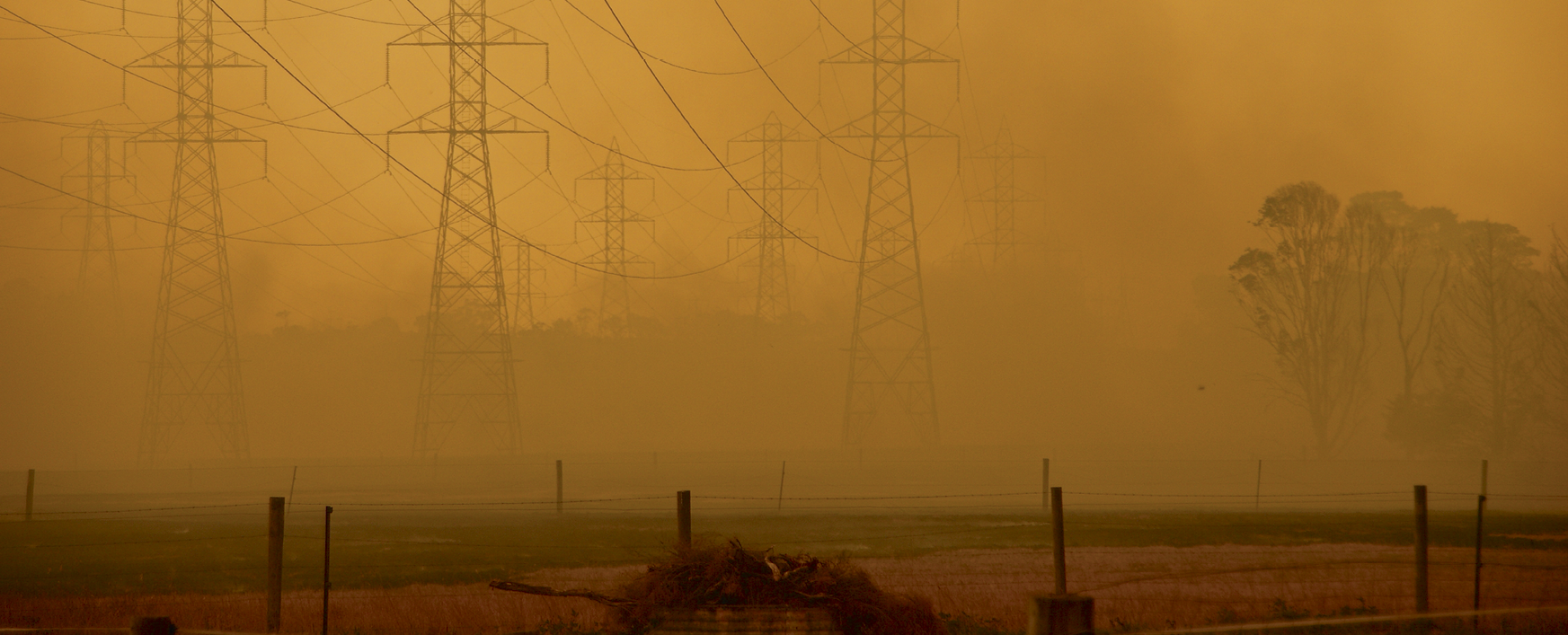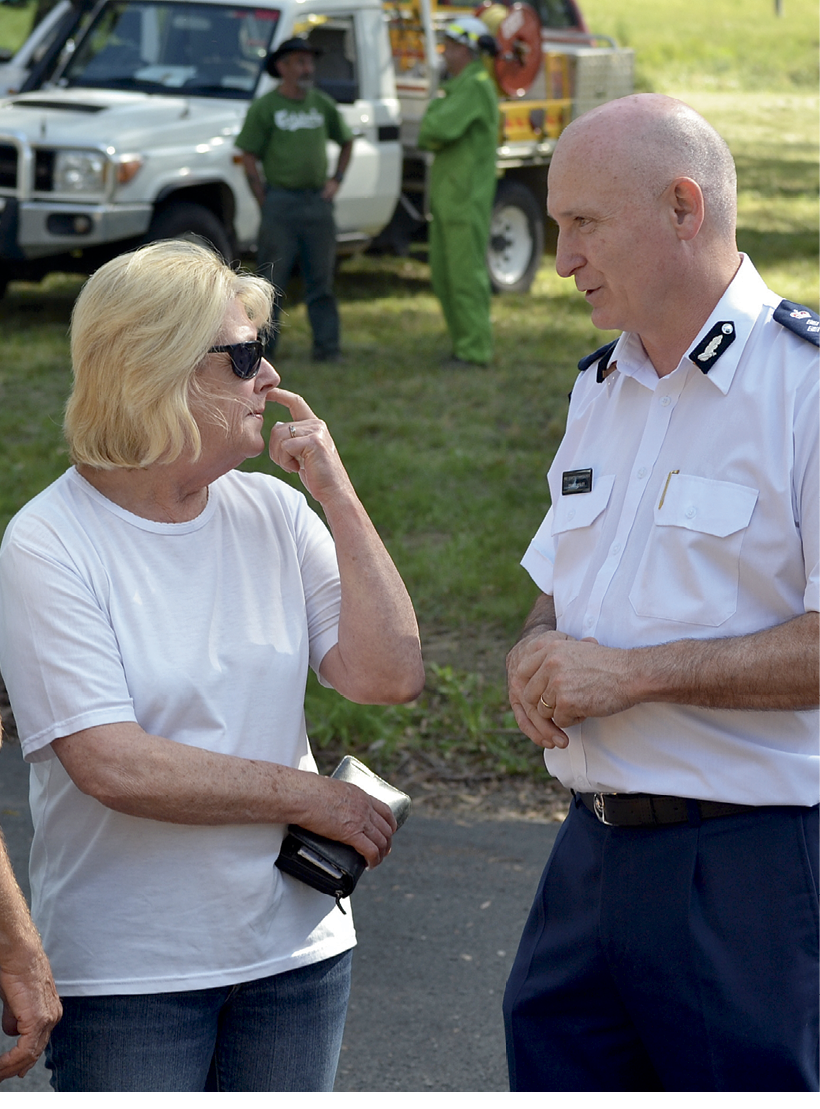
Following the handing down of the Victorian Bushfires Royal Commission Final Report in 2010, the Victorian Government announced it would establish the new role of a Fire Services Commissioner. The Fire Services Commissioner is an independent statutory officer responsible to the Minister for Police and Emergency Services and the senior operational firefighter in Victoria.

The Fire Services Commissioner oversees and works with the three Victorian fire services (Metropolitan Fire Brigade, Country Fire Authority and the Victorian Department of Sustainability and Environment) as well as Victorian SES, to better prepare for major fires and ensure the services can work as a unified and integrated team. The Commissioner has responsibility to promote and direct reform to increase operational capability, interoperability and resilience of the fire and emergency services, and how they can work with others.
The work of the Fire Services Commissioner provides leadership, support and expertise and works consultatively with the Victorian fire services to develop an ongoing program of improvement and reform. It has responsibility to ensure the longer-term needs of the Victorian community are understood, represented, and acted on. It also provides the foundation for improving the integration and performance of the fire services.

Image: Keith Pakenham
The devastating events of Black Saturday led to a Royal Commission which recommended the establishment of a Fire Services Commissioner. Princes Way, Longwarry, Victoria, 7 February 2009.
The Victorian Government released the Victorian Emergency Management Reform White Paper. The White Paper outlines a strategic reform pathway for the emergency management sector in which the new Emergency Management Commissioner (EMC) will play a prominent role. The Commissioner’s work is towards a genuine all-hazards, all-agencies approach continues with a stronger focus and mandate across emergency management and emergency management organisations. The EMC replaces the Fire Services Commissioner.

Image: courtesy CFA
The Victorian Emergency Management Reform White Paper recognised the need to continue placing the community at the centre of emergency management design and delivery.
In pursuing the task of identifying and analysing changes across the Victorian community, the Fire Services Commissioner recently welcomed a transfer of the Climate Change Research Project and has shaped the project to reflect current sector needs and interoperability objectives.
Now known as the 2021 Research Program (2021), the project identifies and analyses the likely challenges across the Victorian landscape. The research program capitalises on its predecessor’s strong adaptation focus of identifying the key impacts of climate change on the Victorian emergency services sector. However, 2021 embodies a broader research agenda, examining other anticipated changes occurring alongside increasing climate variability. The research scope adds value to the sector; providing a holistic and robust method to explore the impacts of climate change alongside other anticipated changes in the environment, economy and community.
The program works with a variety of stakeholders within the sector and research fraternity, minimising research duplication and concentrating outputs on the implications for emergency management and emergency management organisations.
The 2021 program aims to build the evidence of change in Victorian communities by highlighting the drivers of change, describing the likely impacts on emergency management, emergency service organisations and promoting pathways for adaptation.
In doing so, the program considers research questions such as:
The program consists of a series of major projects that explore the social, economic and environmental changes in key community segments. It attempts to build a macro-level, integrated perspective of change across Victoria and make meaning of the identified changes for the emergency services sector.
This research is not intended to answer all questions or all issues for organisations that deliver emergency management programs, products and services. It will, however, highlight issues and changes that may require further analysis and understanding from the emergency services sector.
The Fire Services Commissioner will publish a series of papers over the 2013 editions of the Australian Journal of Emergency Management. This series is designed to provoke thought, evoke new ideas and encourage adaptation within the emergency management sector.
These papers form a Strategic Issues Series and report key findings and themes identified in the 2021 research program. While the project concentrates on trends within Victoria the strategic impacts of change are relevant to the wider emergency management community. The papers are designed to stimulate discussion and promote joined-up thinking across emergency services agencies throughout Australia.
This edition of the Australian Journal of Emergency Management features the first publication from this research program (carried out under the Office of the Emergency Services Commissioner) in the following article.